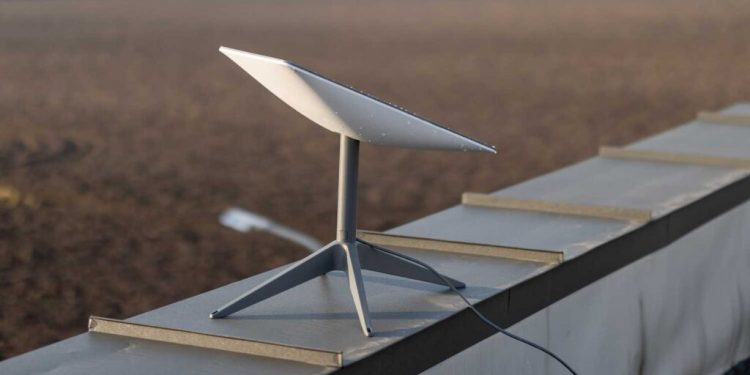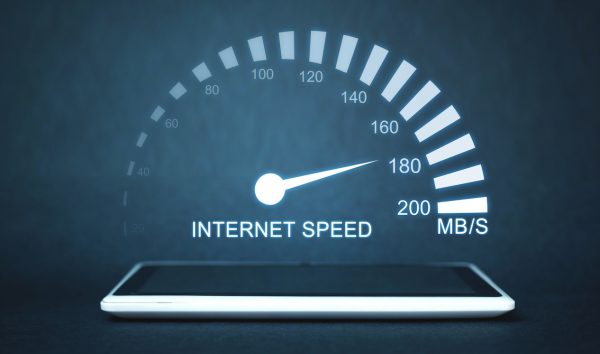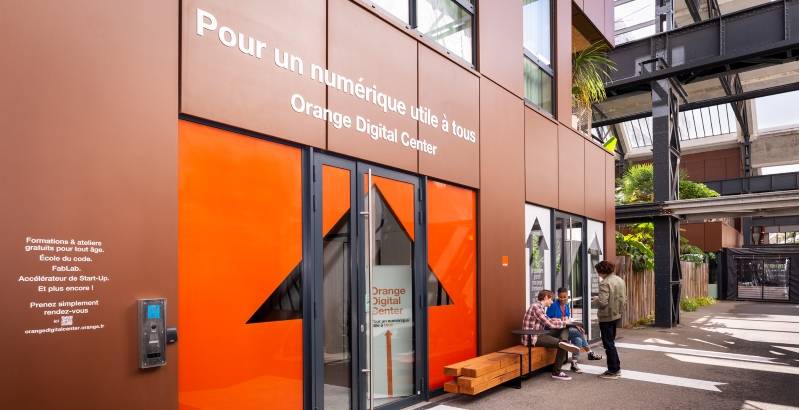A new report by broadband intelligence firm Ookla has revealed that Nigeria is receiving some of the slowest Starlink internet speeds in Sub-Saharan Africa, despite high user interest and rapid adoption of the service since its launch in January 2023.
According to the report, Nigeria’s average Starlink download speed stands at 49.6 Mbps; far below the 106.4 Mbps recorded in Botswana, which tops the list. Eswatini follows with 86.2 Mbps, while Rwanda, Burundi, and Sierra Leone report average speeds of 85.5 Mbps, 79.5 Mbps, and 77.8 Mbps respectively.
Other countries outperforming Nigeria in speed include Mozambique at 75.7 Mbps, Ghana at 75.1 Mbps, Malawi at 71.3 Mbps, and Zambia at 69.7 Mbps. Nigeria only ranks ahead of Zimbabwe, South Sudan, Kenya, and Madagascar in Starlink speed across the region.
A spokesperson for Ookla attributed Nigeria’s relatively slower performance to network congestion, noting that the number of users tapping into Starlink’s limited satellite bandwidth in the country may be overwhelming the system. The firm added that the number of satellites covering an area also plays a role in signal quality, with more satellites generally resulting in better performance. Additionally, dish positioning and environmental factors can impact service quality.
Despite these speed disparities, the report emphasized that Starlink remains significantly faster than traditional Internet Service Providers (ISPs) across the continent. In every country surveyed, Starlink’s median download speeds surpassed those of local ISPs, often by a wide margin.
In Botswana and Eswatini, for instance, Starlink speeds of over 100 Mbps dwarf the 9.36 Mbps and 13.6 Mbps provided by other ISPs. Even in countries like Ghana and Rwanda, which have the highest-performing terrestrial ISPs with median speeds of around 44 Mbps, Starlink still comes out ahead, delivering over 75 Mbps and 85 Mbps respectively.
The speed gap is especially pronounced in markets such as Burundi and Mozambique, where Starlink delivers speeds more than six times faster than local providers. In Nigeria and several others, Starlink is typically two to four times faster than incumbent ISPs.
The report also highlights the growing appeal of Starlink in Nigeria despite its higher cost compared to local ISPs. Its ability to deliver reliable internet in areas with historically poor connectivity has made it a popular option for users looking for dependable broadband. In just over two years of operation, Starlink has attracted a larger customer base than many ISPs that have been in Nigeria for much longer.
While performance gaps persist, especially in Nigeria, the report suggests that Starlink continues to redefine internet access in Africa, offering a competitive edge that may force legacy providers to innovate or risk losing relevance.








![Call For Applications:Innova [Africa Future of Work and Entrepreneurship] Fellowship 2023 Innova [Africa Future of Work and Entrepreneurship] Fellowship 2023](https://msmeafricaonline.com/wp-content/uploads/2023/07/WhatsApp-Image-2023-07-03-at-8.01.03-AM.jpeg)

